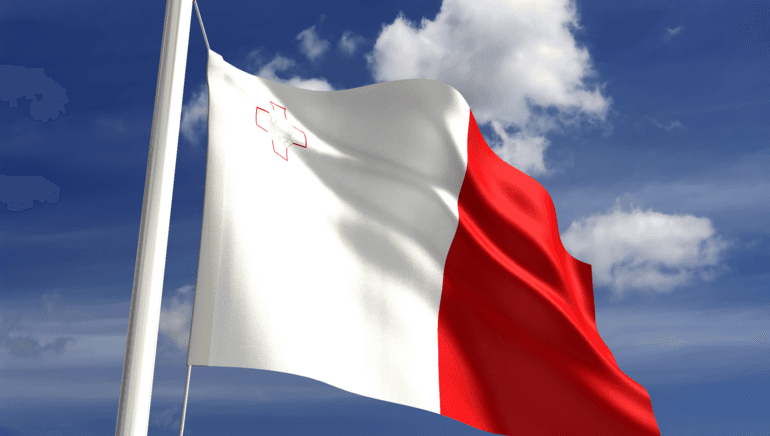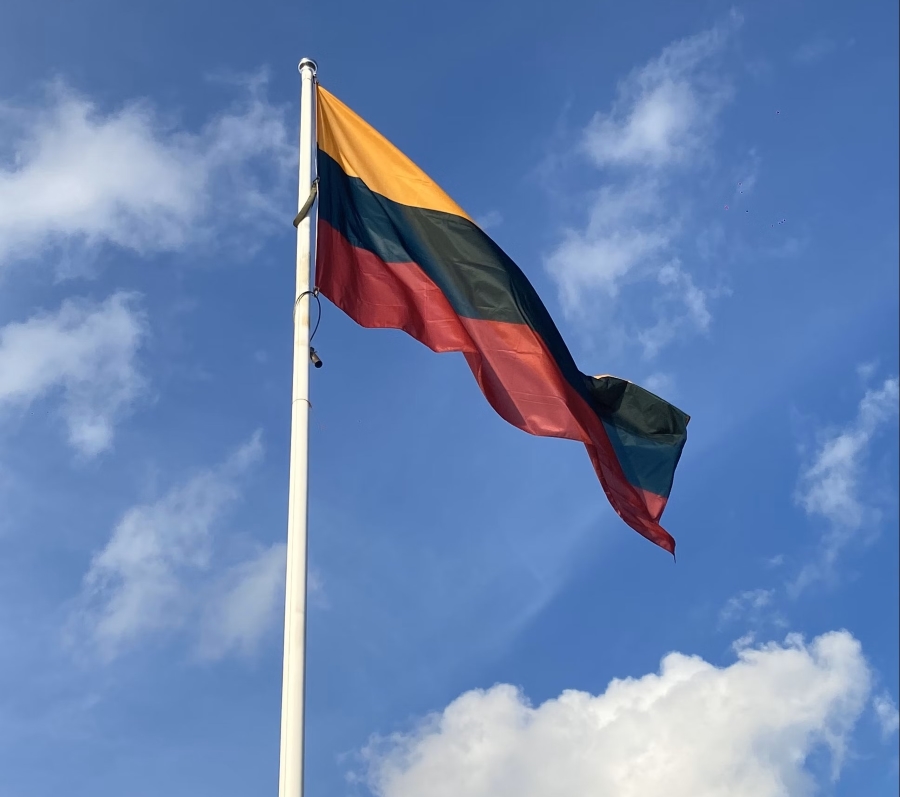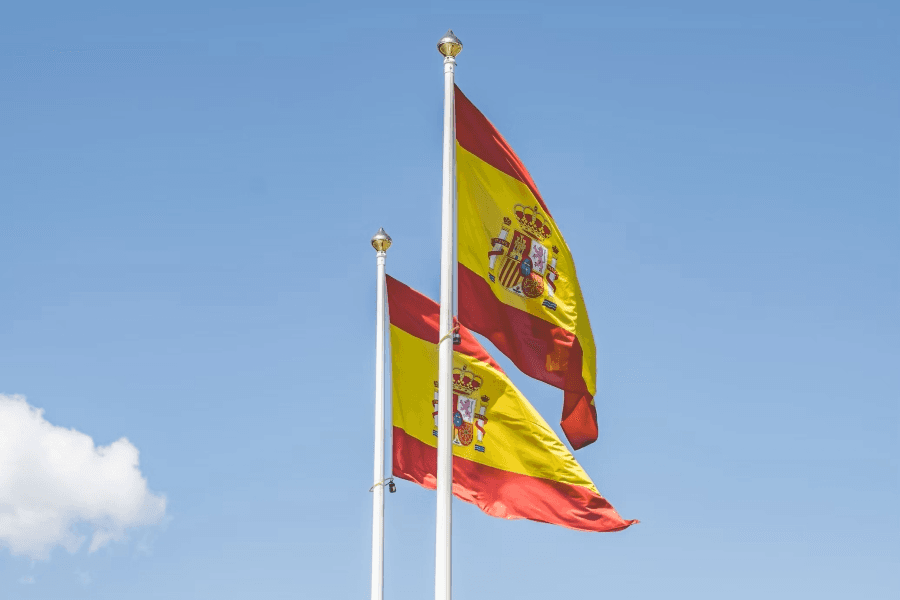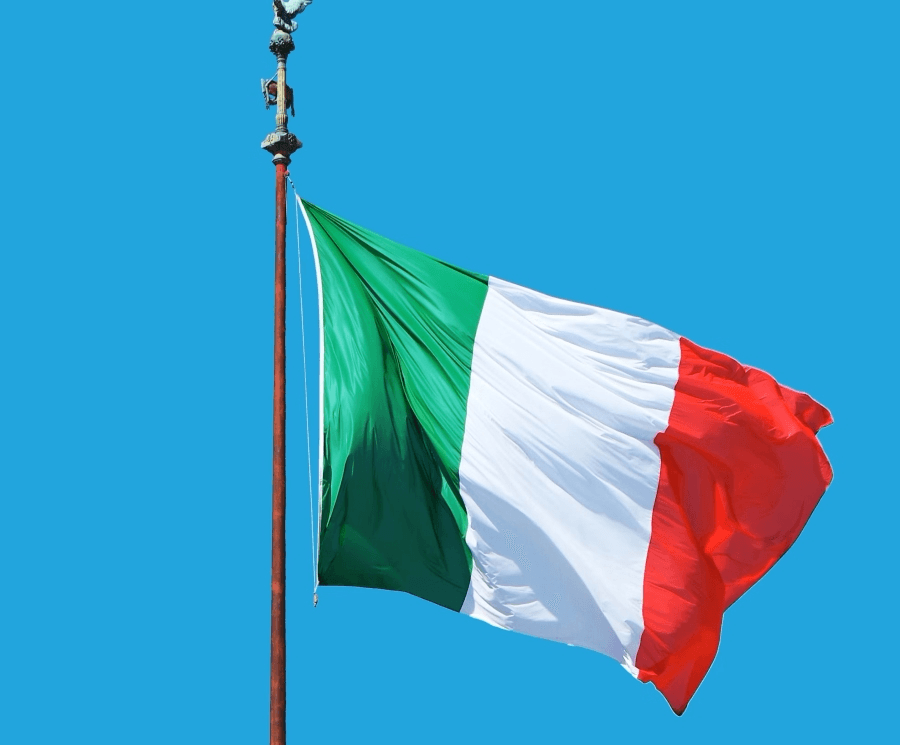
A legal battle that could reshape Europe’s online gambling landscape is now before the European Court of Justice (ECJ). The case, known as C-440, began in 2021 when a German player sued Malta-based Lottoland, claiming he was able to access the operator’s services in Germany despite Lottoland lacking a German licence at the time.
The claim was later purchased by lawyer Volker Ramge, who expanded the case to represent more German customers and included other Malta-headquartered operators accused of targeting the German market without proper authorisation.
As the dispute escalated, both sides agreed to seek clarity from the ECJ. German lawyer István Cocron explained, “Subsequently, the parties there unanimously sought an ECJ submission so that the ECJ would have to comment on the conformity of the German Interstate Treaty on Gambling 2012 with European law”.
The court’s task is to weigh European legislation against Germany’s gambling law as it stood before its 2021 update (GlüStV 2021), a challenge that has left jurors with a complex legal puzzle.
The Advocate General’s official opinion, which will heavily influence the final verdict, is expected on 10 July 2025. The outcome could have far-reaching consequences for thousands of similar claims across Europe, with an estimated €1 billion in losses at stake in Germany and Austria alone.
Malta’s Bill 55: A protective shield or a legal flashpoint?
At the heart of the controversy is Malta’s Bill 55, passed in 2023. This law allows Maltese courts to “refuse the recognition and enforcement of foreign judgements related to the online gambling sector”.
The Malta Gaming Authority (MGA) has staunchly defended the law, arguing it is “a necessary step towards protecting MGA-licensed businesses from disputes that are ‘not in line with Europe’s free market values’”.
However, Bill 55 has drawn sharp criticism from other EU countries. Germany’s gambling regulator, the GGL, has described it as “incompatible with EU laws”. Legal experts argue that the law conflicts with the Treaty on the Functioning of the European Union (TFEU), which guarantees the free movement of services.
As one German lawyer put it, “Bill 55 is unlikely to withstand ECJ’s legal scrutiny,” noting that economic interests alone are not sufficient grounds to refuse enforcement of foreign judgements under EU law.
The European Commission is currently assessing the legality of Bill 55, and the Vienna Commercial Court has referred key questions about the law to the ECJ. If the court rules against Malta, the country’s iGaming industry could face a flood of compensation claims from players across Europe.
What’s next for European gambling regulation?
The Germany-Malta lawsuit highlights a broader issue: the lack of harmonised EU regulations on gambling. While Malta argues that its operators should be able to offer services across the EU under the principle of free movement, other member states insist on the right to regulate gambling within their borders and require local licences.
The ECJ’s decision will not only determine the fate of the German player’s claim against Lottoland but could also set a precedent for how cross-border gambling disputes are handled in the future.
As Cocron noted, “The Commission repeatedly emphasised that such cases must be handled with the utmost care,” given their potential to reshape the European gambling market.
A ruling against Germany’s former ban on online gambling could weaken the foundation of thousands of current legal claims. On the other hand, if the court overturns Malta’s Bill 55, it could trigger fresh momentum toward creating unified gambling laws across the EU; laws designed to protect players and promote fair competition among operators.
For now, all eyes are on Luxembourg, where the Advocate General’s opinion in July will offer the first glimpse of how Europe’s highest court might resolve this high-stakes legal standoff.



 5Hours ago
5Hours ago














